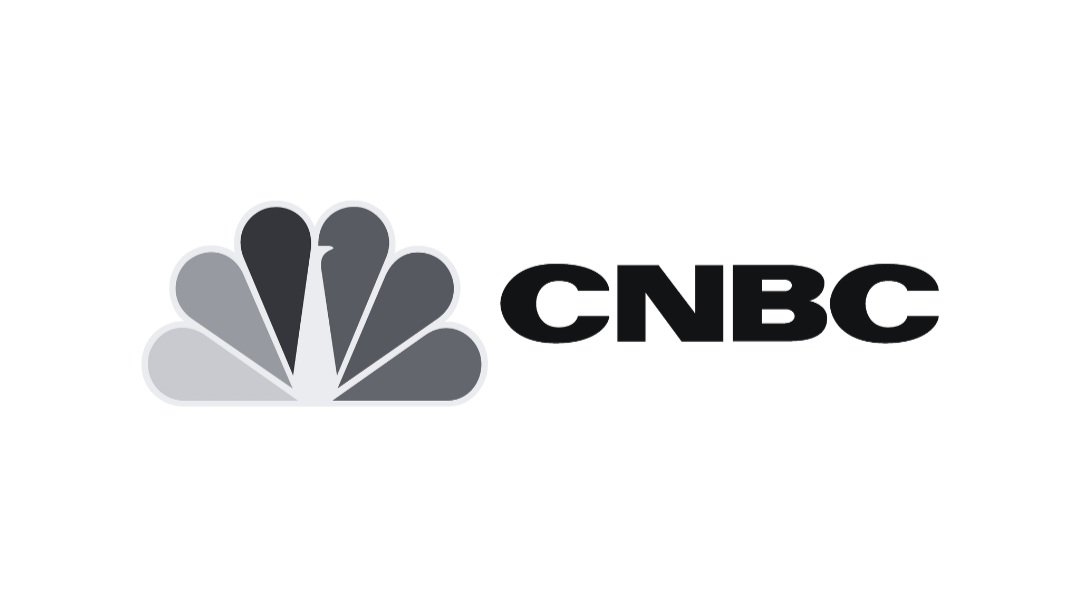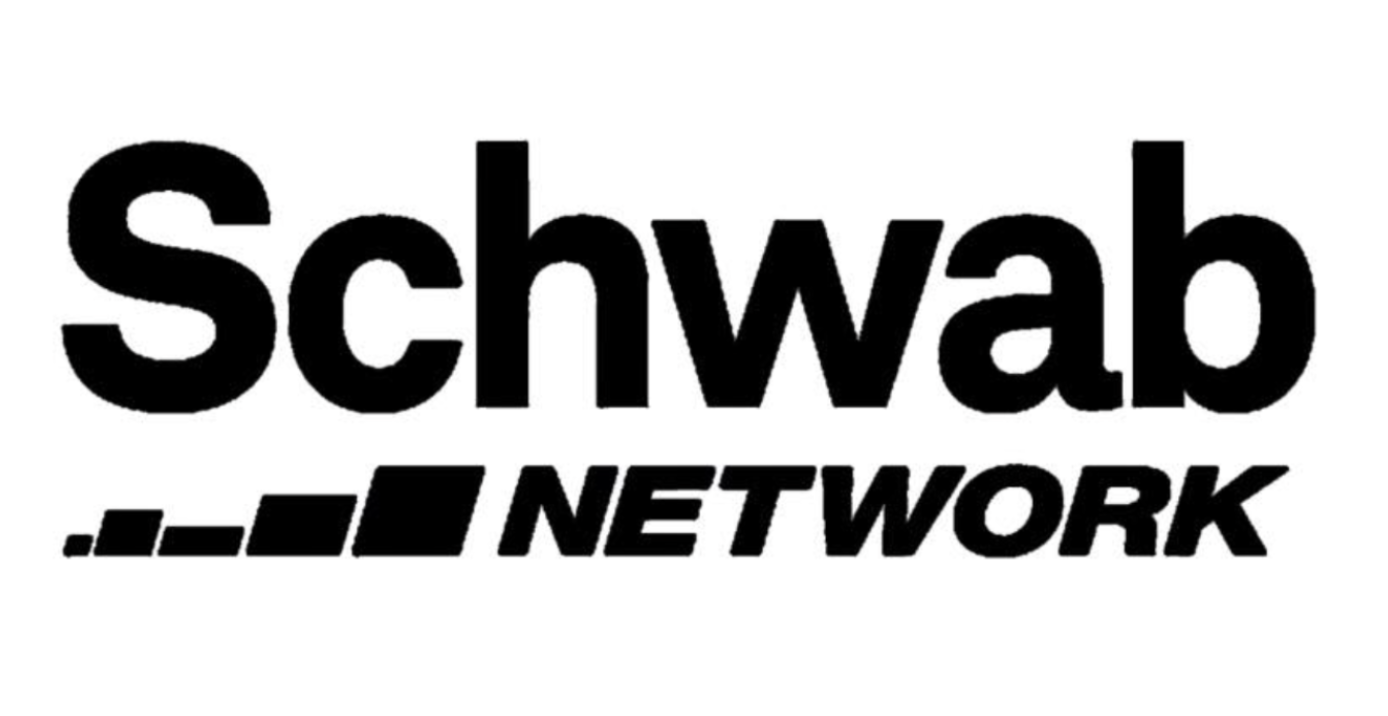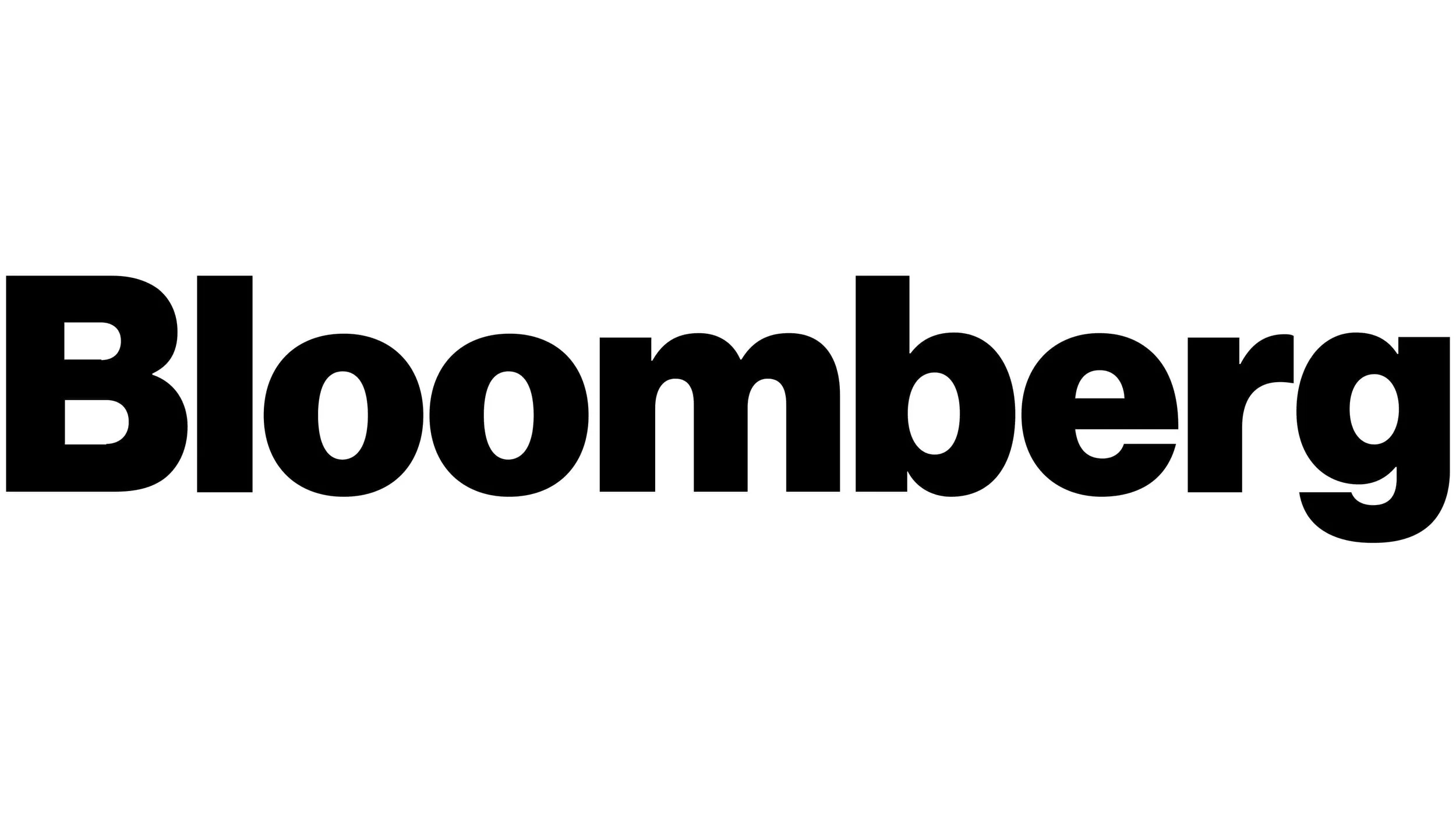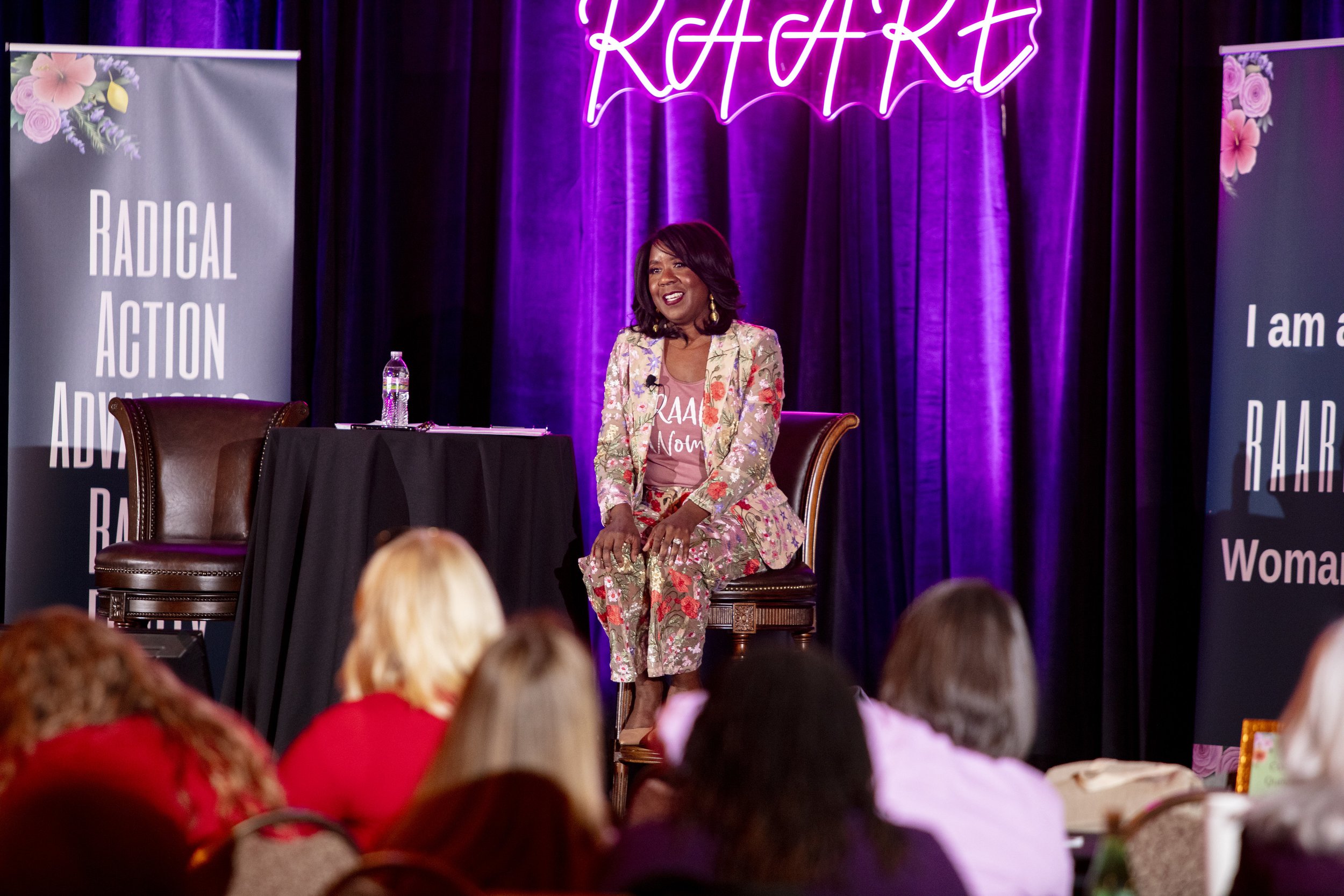
As Seen in
Let’s get you Ready for the inevitability of a multicultural future!
We work across all sectors and geographies with executive leaders navigating workforce resilience and inclusive-cultural transformation, particularly in moments of disruption.
About Nikki
Hi, I’m Nikki
I am a public speaker, author, and advisor who is unequivocal and ever-anchored to creating workplaces where equity, inclusion and multiculturalism thrive. I see this as the macroeconomic imperative of our lifetime.
Let me explain.
Inclusion is unnatural for most of us. Most workplaces are populated with leaders who do not have lived experiences engaging (daily) with people who are different from them. Yet, those are the exact engagements that present themselves in the workplace and will be ever-increasing given the demographic trends afoot. I help employers respond to this reality and prepare their workplaces (and leaders) to ensure all talent can thrive, especially multicultural talent.
Bringing together my vast experience as a labor and employment attorney, 20+ years as an HR executive, and my experience in macroeconomics and monetary policy from my role as a senior vice president with the Federal Reserve, my goal is to help you think differently about equity, race, and inclusion and then respond differently.
There is no need to be daunted by this work when you have a grace-centered guide like me to help you through it.
Listen, this work is hard enough, your advisor need not be. Let’s start with a speaking engagement with your organization or association and then we’ll go from there.
Keynote Speaker
Interested IN Working With Me?
Nikki’s Keynote Topics
-
Nikki Lanier has been regarded by many as the "HR Transformation Queen". In her talk, she will detail the successful transformation of two public-sector HR departments into strategic business partners. By creating a cross-functional team of internal consultants, promulgating a strong sense of role clarity and guiding principles, aligning stakeholders around common strategic goals, and inviting media and public scrutiny, the two HR departments — The State of Kentucky and Maricopa Community Colleges — have moved from antiquated HR organizations into ones where innovation, transformation, cultural challenge and modernization are key hallmarks. Nikki will discuss the importance of transformation WITHIN HR as the foundation of accelerated transformation THROUGH HR in her engaging presentation entitled: Transforming HR by Any Means Necessary.
-
(This talk is adapted from a chapter I wrote in the anthology, Rethinking HR)
I know firsthand that accelerated transformation in HR can be realized because I have seen it and been a part of it on at least two occasions: both in Kentucky State Government, and as I led the HR team at a large public community college system. I blindly and unapologetically believe this kind of transformation is possible for both public and private entities. In my experience, even large HR systems can realize real transformation within 18-24 months; so too can your organization or most anyone focused on this work.
Take Beyoncé as an example.
It’s no secret among my friends and family that I am entirely enamored with Beyoncé. To be clear, though, it’s not so much her music that interests me; it’s her artistry, her clarity, and her unapologetic insistence that our country’s shadowy record industry play on her terms. She studies how and when she is most impactful and she works her craft in incredibly progressive ways. She is an artful transformation agent. I have been drinking the Beyoncé Kool-Aid since her Destiny’s Child days, all the way through her present reinvention of herself (and, in many ways, the industry) in recent years. She released her self-titled Beyoncé album in 2015 and it changed everything. HR can learn a lot from this.
-
When it comes to work, maybe even life, does "equal" have to mean "same?”
Let me clarify the plight that I see for women:
For years we have sought equality in the form of “same treatment,” perhaps to the detriment of the progress we actually want.
The truth is, we are not the same. Sameness suggests uniformity, it suggests a resigned expectation of identical needs, wants and expectations–in the name of equality. In order to be treated as equals in the workplace and at home, we don’t all need to burn bras to be treated as equals. Nor do we all even need to work outside of our homes to be treated equally. We don’t all need to climb the corporate ladder in the name of equality or have bank accounts separate from our spouses. Chasing the dream of “having it all” doesn’t help us move towards gender equality either.
We are getting better at this but we have a ways to go, especially in the intentional and unapologetic uplifting of other women. Join me as I explore some positive ways that we can work towards equality, while we explore ways we are unique and the importance of that.
-
In no other corporate construct do we celebrate effort over impact like in the context of DEI.
Diversity, as a commitment vs. compliance undertaking, hit the Fortune 500 stage in the early 1990s. Thereafter, around 2012, Inclusion entered the scene. Between 2012 and early 2020, most companies spent much of their precious resources debating impactful imperatives like whether the “I” should precede the “D” in D&I and how much more broadly beyond race, gender, age, LGTBQ+, Disability, marital status, region of birth, hair color, finger nail length, preferred dog breed and favorite ice cream flavor they could define their diversity statement; ever careful to assure all are included and no one felt left out. Meanwhile, minority employees were left hoping that the DEI work could focus, at least for a while, on their particular plight.
Each of these three letters represent three different doctrines, requiring three different strategies. Each letter represents a disruption to every aspect of how we live and work and SHOULD NOT be taken on at the same time, with the same resource outlay, and the same one or two people in the DEI department.
-
As you might imagine, with a career like mine, there are untold opportunities to speak in public. Certainly, including my previous positions, commanding the attention of an audience is a proposition with which I have embraced quite comfortably.
On this topic though, the topic of me, the comfort is illusive. This is not a presentation; rather a conversation. Presentations are easier. In order to be effective, a conversation like this requires me to be open, transparent, honest and vulnerable about my journey and now my lens that emerges from it. This is a talk about my story and how it shapes every part of who I am. Join me for the ride, and you just might find yourself in your feels as I am in mine.
-
The browning of the working-class world, by 2045, will require the bold and unprecedented ascension of people of color into the middle class and beyond. This “fix” happens at work. This conundrum transcends the “right thing to do” argument of the past, and requires our demonstrative correction of the lingering impact of difference equating to deficit.
Racism is one of the most significant economic issues we face today and therefore must be addressed in every system, structure, and organization where it thrives.
-
The 18th century Swedish botanist, Carl Linnaeus devised binomial nomenclature, the system now used to scientifically classify organisms by genus and species. He then used his nomenclature to classify humans by “variety,” ascribing inherently positive traits to lighter-skinned Europeans and negative traits to darker-skinned Africans and Asians, thereby laying a pseudoscientific foundation for racism that persists today.
Understanding these categories and the traits assigned to them helps us understand how much of the same attributes, now experienced as bias and stereotypes, permeate our natural belief systems about the presumptive value of darker human beings.
-
DEI is “belief” disrupting work. It first requires a thorough understanding of your already held individual, corporate, and communal beliefs about “different” people. Second, you must choose to presume, for all people who are different from you, the fullness of their humanity. This must include all of the rights and privileges that are attached to that designation, as a matter of fact, on every occasion and in every instance, without condition or caveat. This work is unprecedented. This has never described the human condition, in any setting, to include the workplace.
Impact Reel
Get In touch
Get In touch
Join the conversation
Book ME For YOUR NExt SPEAKING EVENT
The only internationally recognized strategist focused on the future of work, employee engagement & workforce pipeline priorities through the lens of DEI. A media commentator, advisor to Governors, Mayors, Fed Presidents, Nikki's style is relatable, clear and grace-centered; a captivating keynote speaker for any organization, conference and corporate convening.



























